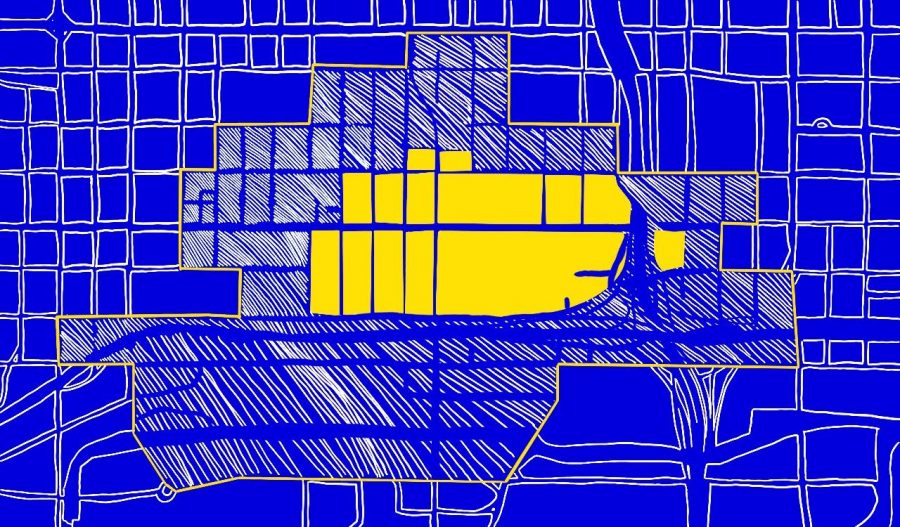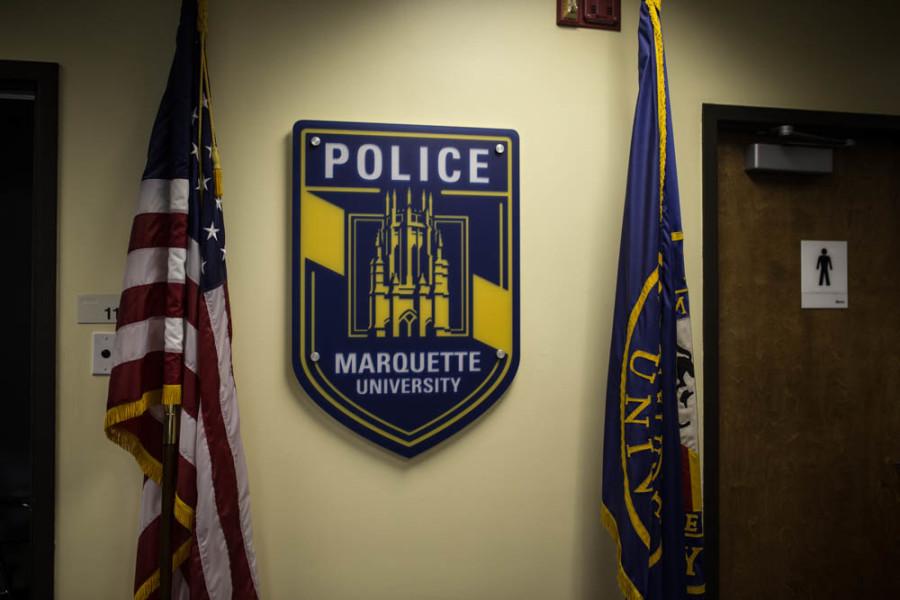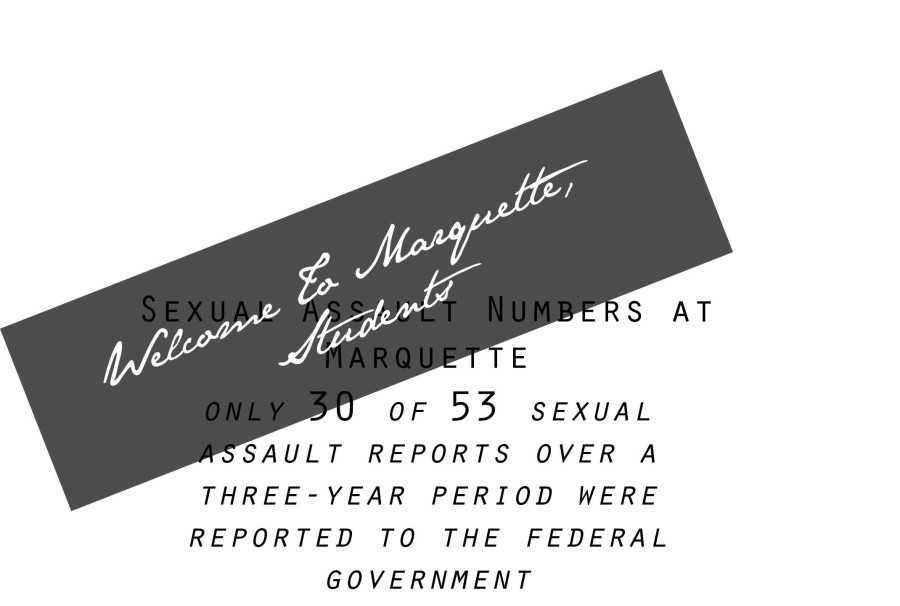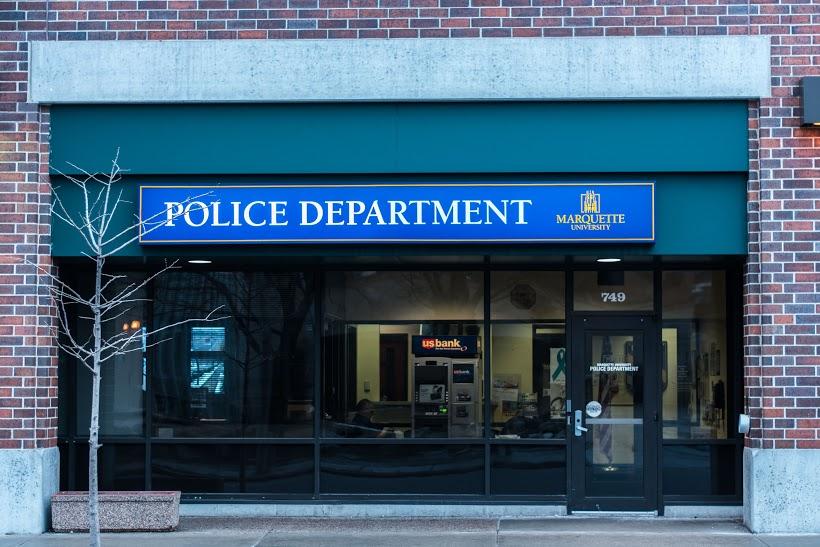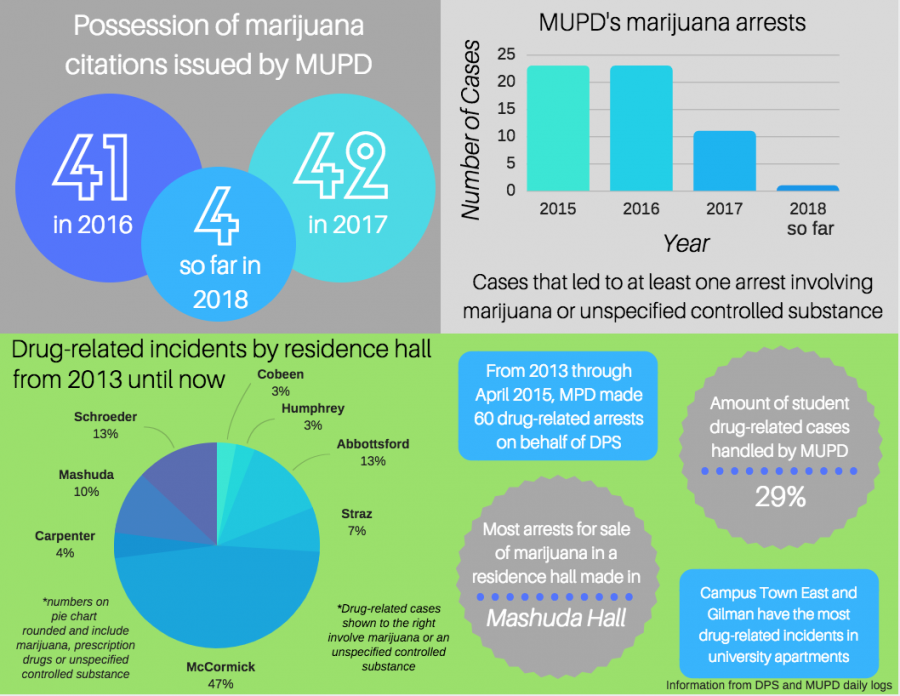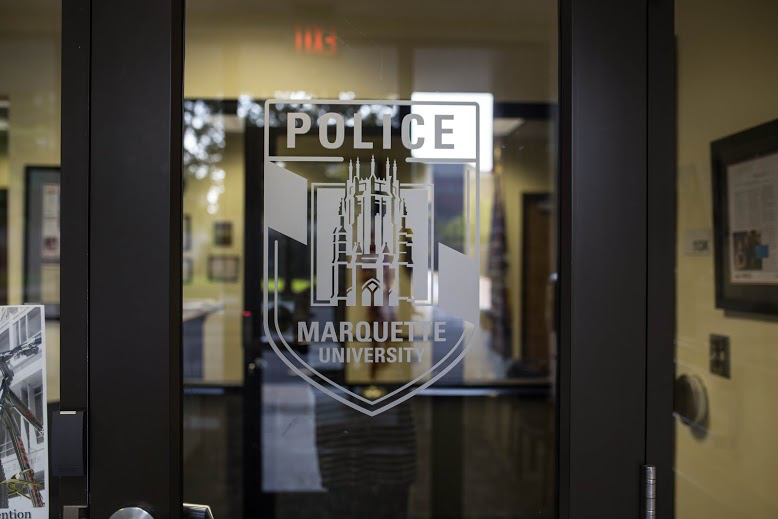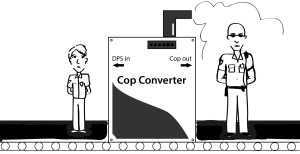
Although students recently received official notification, discussion of the state’s current proposal to grant police powers to Marquette’s Department of Public Safety is well underway. But the question of why these changes are under consideration in the first place has yet to be answered.
State legislators offered very little rationale behind their proposal, and students are just now hearing about the possibility while discussions about the issue have already occurred for some time. Marquette’s internal task force is moving forward on the issue with inadequate representation from students – just a single representative for more than 11,000 students – indicating all those debating the issue would rather wait to explain what is going on to students.
Perhaps a Marquette police force could reduce the high crime rate on campus and in surrounding areas, allowing DPS to more effectively handle situations involving individuals who have no association with the university. Although DPS officers already carry guns, they cannot make arrests. Granting new powers would certainly take a load off of an already thinly-spread Milwaukee Police Department.
But the university has yet to address how the enforcement of student violations would change under a campus police force, and since the proposal is developing, this dialogue needs to begin immediately.
DPS has established a very trusting relationship with students, and its actions indicate that officers exist in the interest of student safety rather than the reputation of the university. The importance of this dynamic cannot be understated, and we would hate to see it put in jeopardy – and it most certainly will be, if the university fails to make a concerted effort to explain what these changes will mean for students.
Police powers run the risk of replacing students’ trust with fear. If the university is not straightforward about how police powers will affect policy enforcement and the role of DPS on campus, public safety risks tearing down the positive relationship with students that developed under the current model.
Of course, no decisions have yet been made on the proposal. But as Marquette officials debate the issue in the coming weeks, they need to discuss current protocol that relates directly to students and the ramifications of a more legally-empowered department handling future (and inevitable) violations.
Most importantly, the internal task force needs to discuss in detail how existing alcohol and drug violation enforcement policies would be maintained or altered with the implementation of a Marquette police force. Some of the advancements the university made in this regard are designed to protect students – like the Good Samaritan policy, which was implemented so students do not hesitate to contact public safety while they are in violation of the alcohol policy.
Good Samaritan and similar policies seem to exist because of the commitment DPS has to student safety. If DPS is instructed to handle alcohol violations differently, students need to know how things like the Good Samaritan policy could change.
Before making a decision on the state’s proposal, we hope the task force will have the sensibility to discuss how police powers will affect students. If this is the case and the task force decides more DPS authority would be in the university’s best interest, the task force needs to consider the blatant and foreseeable consequences police enforcement will have on Marquette’s drinking culture. If underage students start consistently getting arrested for drinking on campus, it’s not like it’s going to stop them from drinking. Instead, they will likely just take their drinking off campus, which would be even more dangerous.
Whether or not DPS intends for the changes to create student apprehension, uneasiness is bound to occur if DPS is granted police powers. This risks defeating the purpose of Marquette looking out for students’ public safety at all – unless, of course, the student community is brought into the conversation as soon as possible.


